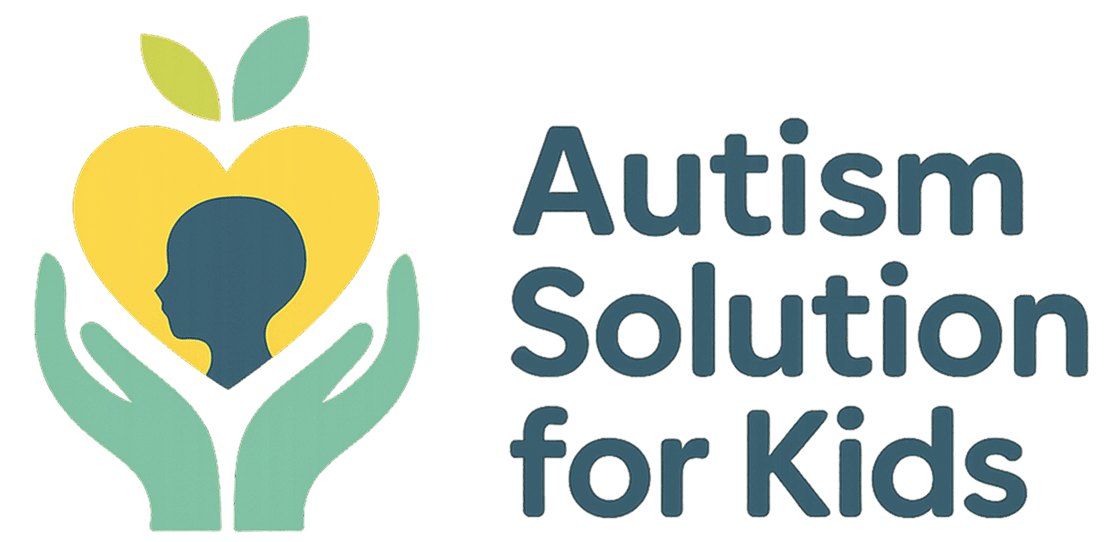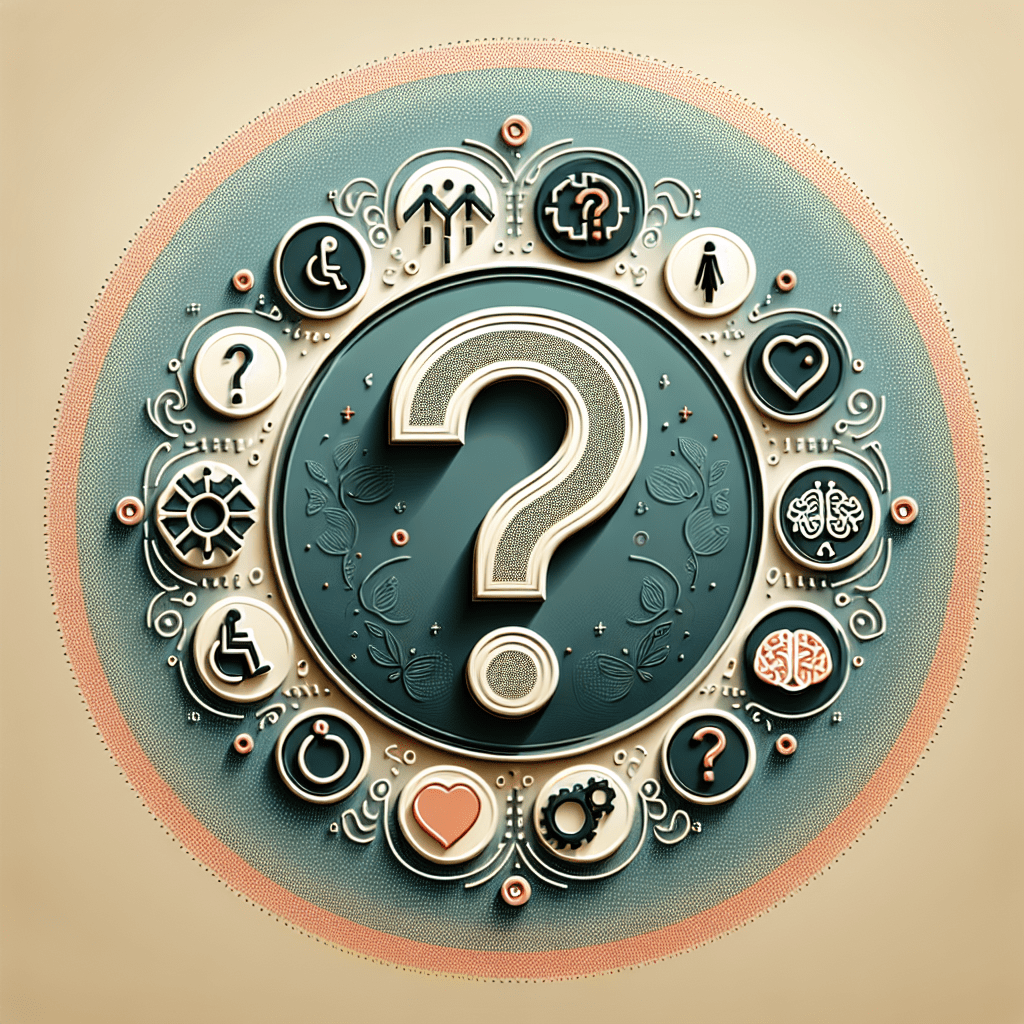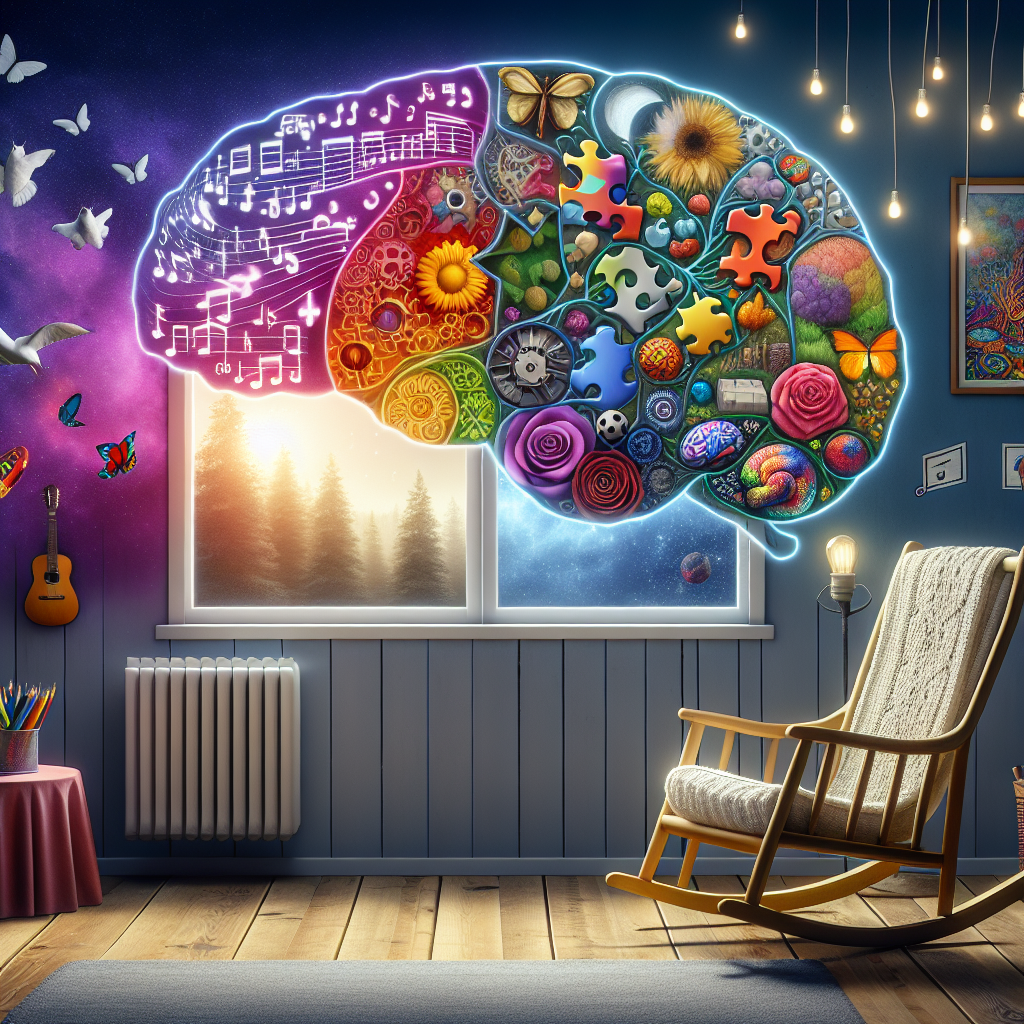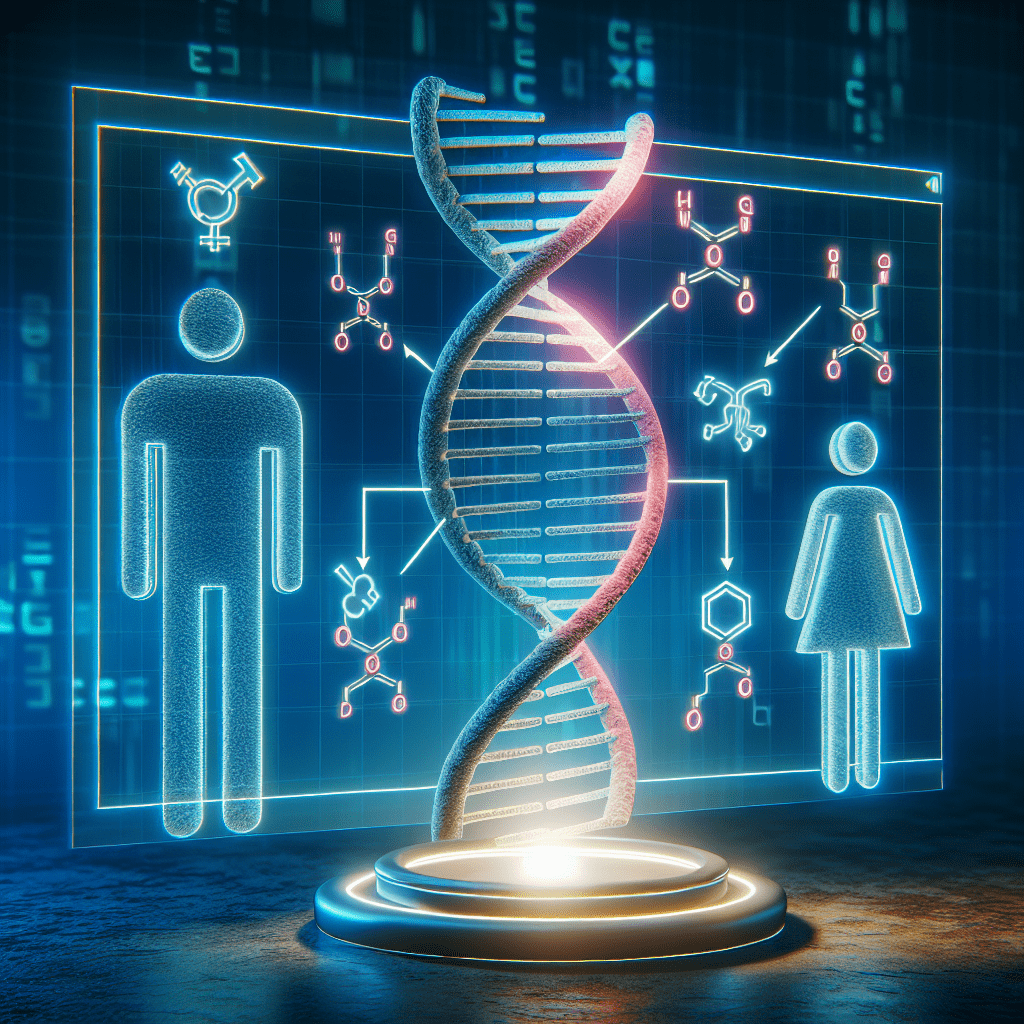Is Autism a Disability or Mental Illness? Understanding the Differences
Is autism a disability or mental illness? This question has stirred much debate among professionals, families, and individuals affected by autism. Autism spectrum disorder (ASD) is a complex neurological and developmental condition that affects how a person thinks, interacts, and experiences the world. It’s characterized by a range of symptoms, from social challenges and communication difficulties to repetitive behaviors. In recent years, the discussion surrounding autism has become more nuanced, and it has prompted many to evaluate it from various perspectives.
This article aims to unpack the terms ‘disability’ and ‘mental illness’ and apply them within the context of autism. We’ll explore the medical definitions, the social implications, and importantly, the lived experiences of individuals on the spectrum. By the end of this journey, we hope to provide clarity on this multifaceted subject and encourage a more informed discussion surrounding autism.
The Definition of Autism Spectrum Disorder
To delve into whether autism is a disability or a mental illness, we must first comprehend what autism is exactly. Autism Spectrum Disorder (ASD) is classified as a neurodevelopmental disorder. It manifests during childhood and affects how individuals perceive and interact with others. Symptoms may vary widely but often include difficulty with communication, problems with social interactions, and limited interests or repetitive behaviors.
According to the DSM-5 (Diagnostic and Statistical Manual of Mental Disorders), ASD is recognized as a distinct diagnostic category. This disorder is characterized by impairments in social communication and a repertoire of restricted interests and repetitive behaviors. The severity of these symptoms can vary significantly from person to person, leading some individuals to require extensive support, while others may need only minimal assistance.
The diagnosis of autism is not merely a label; it serves to help healthcare providers understand the challenges an individual may face. As society evolves, our comprehension of autism also grows, resulting in improved evaluation methods and supportive resources. Some may wonder if understanding autism purely as a neurodevelopmental disorder aligns more with considering it a disability rather than a mental illness.
Understanding Disability in the Context of Autism
Now that we’ve defined autism, let’s examine whether autism can be classified as a disability. The term ‘disability’ typically refers to any physical or mental impairment that substantially limits one or more major life activities. This can include communication, learning, and social interactions—three key areas affected by autism. According to the World Health Organization (WHO), disability is not solely based on the functional limitations but also includes the social barriers that hinder a full and meaningful life.
This perspective is fundamental when discussing autism as a disability. In many cases, individuals with autism face societal obstacles that complicate their daily existence. The lack of understanding and acceptance from the community, inadequate educational opportunities, and limited access to mental health resources often exacerbate these challenges. When we consider autism in this light, it becomes evident that it can indeed fit the classification of a disability, particularly when assessing the daily functioning and integration of those on the spectrum.
Furthermore, recognizing autism as a disability has implications for services and supports available to individuals. Programs designed to assist those with disabilities, such as educational accommodations, social skills training, and therapeutic interventions, can enhance quality of life and increase opportunities for meaningful participation in society. This recognition can empower individuals on the spectrum by validating their experiences and allowing them to advocate for their rights and needs.
Is Autism a Mental Illness? The Debate
In contrast to the idea of autism as a disability, some individuals inquire about its status as a mental illness. The understanding of ‘mental illness’ encompasses a range of disorders, typically characterized by changes in thinking, mood, or behavior that cause significant distress or impairment. Conditions such as anxiety disorders, depression, and bipolar disorder fall into this category.
At first glance, autism does not seem to fit neatly into the category of mental illness; rather, it is a spectrum disorder with root causes that are largely developmental. Autism is fundamentally different from mental illnesses in that it is not primarily concerned with mood or thought disturbances but rather with varying social communication abilities and behavioral patterns. For many, viewing autism through the lens of mental illness can be misleading and reduce the complexity of this condition.
Moreover, conflating autism with mental illness could heighten stigma surrounding both autism and mental health issues. Individuals with autism often face challenges mainly due to societal misunderstanding and lack of appropriate support, rather than the condition itself being inherently ‘ill.’ It’s crucial to promote a narrative that embraces neurodiversity, which acknowledges and celebrates the varied ways in which human brains function without labeling these differences as ‘illnesses’ or ‘disabilities’ in a negative sense.
Personal Experiences and Societal Impact
Listening to the voices of individuals with autism provides invaluable insights into whether autism is a disability or mental illness. Many individuals on the spectrum have shared their personal narratives illuminating the impact of autism on their lives. These accounts often reveal a spectrum of experiences; some speak of the challenges and restrictions they have faced due to societal standards, while others focus on their unique strengths and capabilities associated with autism.
For instance, many individuals have reported feeling compelled to adapt to a world that is not designed with them in mind, leading to feelings of frustration, alienation, or despair. This struggle for acceptance and understanding often contributes to mental health challenges, prompting some to feel that autism itself acts as a limitation—a notion that further supports the classification of autism as a disability.
Nevertheless, there is also a significant segment of the autism community that champions neurodiversity. This movement emphasizes that neurological differences should be recognized and respected as a natural variation of the human experience. By cultivating environments that embrace these differences, society can transform the perception of autism from one of limitation to recognition of individual potential.
This leads to the idea that if we want to equate autism with disability or mental illness, we must carefully consider the complexity of autism and how societal structures contribute to the experience of those on the spectrum.
Conclusion: Advocating for Awareness and Understanding
So, is autism a disability or mental illness? The answer is not simple and varies depending on individual perspectives, societal contexts, and lived experiences. While autism can certainly manifest challenges that align with the definition of a disability, it is not accurate to categorically label it as a mental illness. Instead, it represents a unique neurological condition that needs awareness, sensitivity, and understanding.
Understanding autism extends beyond definitions; it’s an opportunity to recognize the human experience in all its diversity. As we advocate for better support systems and societal integration, we must emphasize the value and contributions that those on the spectrum bring to our communities. The conversation about autism should progressively aim to shift from a binary classification to a richer understanding of neurodiversity—a perspective that celebrates differences rather than stigmatizing them.
FAQs
1. What is the main characteristic of autism?
The main characteristic of autism is a difficulty in communication and social interaction, along with repetitive behaviors or restricted interests.
2. Is autism considered a learning disability?
Autism can co-occur with learning disabilities, but it is primarily categorized as a neurological condition rather than a formal learning disability.
3. How can autism be supported in educational settings?
Support for individuals with autism in schools can include personalized education plans, social skills training, and sensory-friendly environments to promote learning.
4. Are there treatments available for autism?
While there is no cure for autism, various therapies such as behavioral therapy, occupational therapy, and speech therapy can help manage symptoms and improve quality of life.
5. Can adults have autism?
Yes, autism is a lifelong condition. Many adults with autism live fulfilling lives, but they may face unique challenges in areas such as employment and social relationships.





